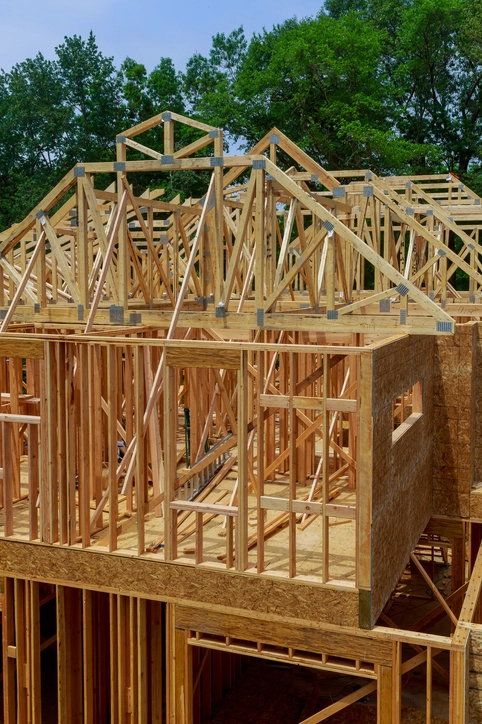
| Feature | Details |
|---|---|
| Bill Name | Housing for U.S. Act |
| Funding Source | $250B from Fannie Mae & Freddie Mac sale |
| Target Income | Up to 150% of Area Median Income (AMI) |
| Housing Units | Up to 3.5 million |
| Labor Requirement | Union labor |
| Long-Term Use | Deficit reduction after 10 years |

Understanding the $250 Housing Bill 2026 and Its Impact on Homeownership
$250 Housing Bill 2026: In a significant bipartisan move, Representatives Tom Suozzi (D-NY) and Nicole Malliotakis (R-NY) have introduced the Housing for U.S. Act, a bill that proposes to allocate up to $250 billion from the potential sale of Fannie Mae and Freddie Mac toward the construction of affordable housing for middle-class Americans.
Where the Money Comes From
Fannie Mae and Freddie Mac—two government-sponsored enterprises (GSEs) that support about 70% of the U.S. mortgage market—have been under federal conservatorship since the 2008 financial crisis. If released from conservatorship, the federal government could recoup an estimated $250 billion, which this bill aims to redirect into a federally backed, low-cost loan program.
What the Bill Proposes
- Build up to 3.5 million housing units using union labor.
- Target working families earning up to 150% of Area Median Income (AMI)—which could be over $210,000/year in high-cost areas like NYC.
- Prioritize homeownership for teachers, nurses, first responders, tradespeople, and others in the “missing middle.”
- After 10 years, any remaining funds would be used for deficit reduction.
How the $250 Housing Bill 2026 Could Help the Middle Class
This bill addresses a critical gap in the housing market: middle-income earners who are increasingly priced out of homeownership. By leveraging proceeds from the GSEs' privatization, the legislation aims to create a revolving loan fund that expands both rental and ownership opportunities.
Rep. Suozzi emphasized the economic ripple effects: “It’s good for the economy, good for families, and good for America.” Rep. Malliotakis echoed this sentiment, calling it a chance to deliver “critical assistance to hard-working Americans.”
Political and Economic Context
The proposal comes amid renewed interest in the privatization of Fannie Mae and Freddie Mac. In late May, former President Donald Trump expressed support for ending their conservatorship, potentially paving the way for this bill’s funding mechanism.
Final Thoughts
If passed, the Housing for U.S. Act could mark one of the largest federal investments in middle-class housing in decades. It’s a rare example of bipartisan cooperation aimed at solving a deeply entrenched national issue.
Thinking About a Career in Real Estate?
Are you considering a career in the New York State real estate industry? Professional Career Center is a licensed New York State real estate school offering expert-led courses to help you launch or grow your career. Whether you're just starting out or looking to meet continuing education requirements, we’re here to support your success.
https://www.procareercenter.com
Or call us at (315) 432-1045 to learn more.
